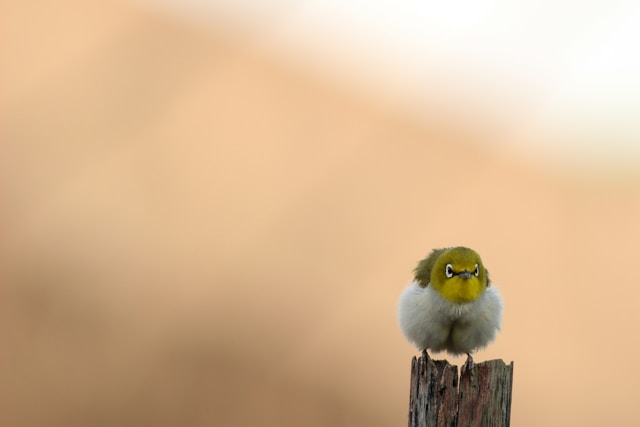Introduction
In New Zealand, bird conservation efforts are bolstered by a range of educational programs and initiatives aimed at raising awareness and fostering stewardship among the public. These initiatives play a crucial role in preserving the country’s unique avian biodiversity, which faces significant threats from habitat loss, introduced predators, and climate change. This article delves into various educational programs and initiatives across New Zealand that are dedicated to promoting bird conservation.
Educational Programs
New Zealand’s commitment to bird conservation is evident in its comprehensive educational programs tailored to different audiences. For schoolchildren, organizations like Forest & Bird offer engaging curriculum-based programs that teach about local bird species, their habitats, and conservation challenges. These programs often include field trips to nature reserves and hands-on activities such as birdwatching and nest monitoring, instilling a sense of environmental stewardship from a young age.
Community Engagement Initiatives
Community engagement is vital in bird conservation, and New Zealand boasts numerous initiatives that encourage public involvement. Local bird clubs and conservation groups organize birdwatching events, workshops, and volunteer opportunities where participants can learn about birds while contributing to research and conservation efforts. These initiatives not only educate but also build a sense of community around bird conservation, fostering a network of passionate individuals dedicated to protecting local bird species.
Citizen Science Projects
Citizen science plays a crucial role in monitoring bird populations and gathering data for conservation purposes. Projects like the New Zealand Garden Bird Survey and eBird allow citizens to report bird sightings and contribute valuable information to researchers and conservationists. These projects not only provide valuable data but also empower individuals to actively participate in conservation efforts, bridging the gap between scientific research and public engagement.
Conservation Partnerships
Collaboration between government agencies, NGOs, researchers, and local communities is essential for effective bird conservation in New Zealand. Organizations such as DOC (Department of Conservation) work closely with universities, conservation trusts, and indigenous groups to develop research initiatives, conservation strategies, and habitat restoration projects focused on protecting vulnerable bird species. These partnerships leverage collective expertise and resources to address conservation challenges comprehensively.
Awareness Campaigns
Raising public awareness is key to garnering support for bird conservation. Awareness campaigns in New Zealand utilize various media platforms, including social media, television, and print, to educate the public about the importance of bird conservation, the threats facing native bird species, and actions individuals can take to help protect them. These campaigns aim to inspire behavioral change and encourage sustainable practices that benefit both birds and their habitats.
Conclusion
Educational programs and initiatives in New Zealand play a pivotal role in promoting bird conservation by fostering knowledge, community engagement, and scientific research. Through these efforts, individuals of all ages and backgrounds are empowered to contribute to the preservation of New Zealand’s unique avian biodiversity. As the country continues to face conservation challenges, these programs will remain crucial in building a sustainable future where both birds and humans thrive together.
